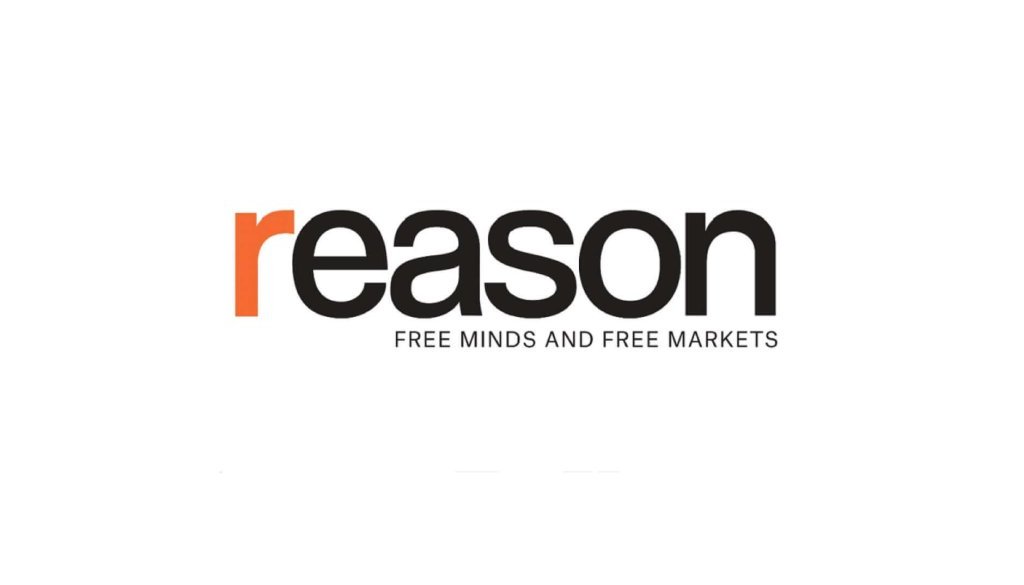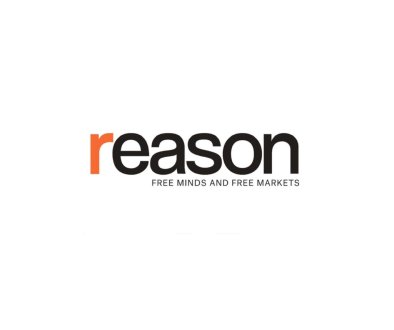How Freedom Lovers Can Reckon with Addicts and Addiction
What Is It Like To Be an Addict? Understanding Substance Abuse, by Owen Flanagan, Oxford University Press, 320 pages, $24.99
Addiction is a problem that defenders of liberty need to face, for if citizens cannot control their appetites, the state may be inclined to take over the job for them. Freedom depends on self-command supported by a fragile web of norms and relationships that lets us keep our own lives in order and get along with one another. Addiction is the acute case of the appetites run amok, as they often do when unfettered by such constraints as wealth, religion, and community.
Owen Flanagan’s new book, What Is It Like To Be an Addict?, should be welcomed by anyone concerned with these issues. Despite its modest size, this is a work of large ambition and broad range informed not just by the author’s long career as a prominent philosopher but by his many years as a desperately addicted abuser of alcohol and sedatives.
“This is a deeply personal book,” he writes. “I was addicted to booze and benzos for twenty years on and off from the late 1970s until the early 2000s. The last years were especially ugly, requiring several hospitalizations, and involving constant self-loathing and suicidal despair.”
Unsurprisingly given his experience, Flanagan stresses that we should pay close attention to what the addicted have to tell us. And among the most important things addicts say is that they are by no means blameless just because they supposedly have a disease. On the contrary, many feel shame (for being an addict) and guilt (for behaviors that are slowly destroying them and harming their loved ones).
To Flanagan, these feelings are right and good. That stance may inspire horror from some people, who will see it as victim-blaming. But it’s consistent with Flanagan’s view that addicts can’t be reduced to flesh-and-blood automatons jerked about by their cravings. As he notes, even people who claim to believe this will then earnestly implore an addict to get help—a plea that could only be directed at someone presumed to have the ability to make choices. “Every treatment that works to unseat addiction,” he writes, “assumes that addicts are responsible and must participate in undoing their own addiction.”
Flanagan doesn’t even think addiction is a disease, exactly—more of a multifactorial disorder of enormous social, physical, psychological, and pharmacological complexity. Indeed, one of his book’s main points is that addiction cannot be seen as any one simple
Article from Reason.com

The Reason Magazine website is a go-to destination for libertarians seeking cogent analysis, investigative reporting, and thought-provoking commentary. Championing the principles of individual freedom, limited government, and free markets, the site offers a diverse range of articles, videos, and podcasts that challenge conventional wisdom and advocate for libertarian solutions. Whether you’re interested in politics, culture, or technology, Reason provides a unique lens that prioritizes liberty and rational discourse. It’s an essential resource for those who value critical thinking and nuanced debate in the pursuit of a freer society.



